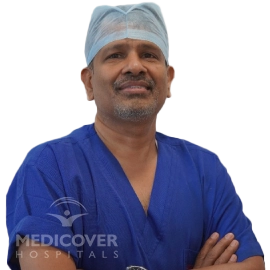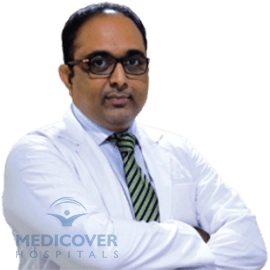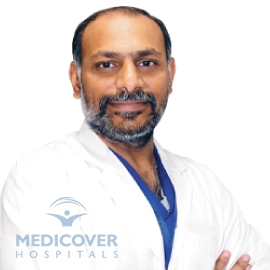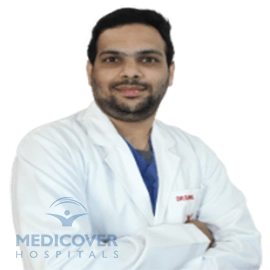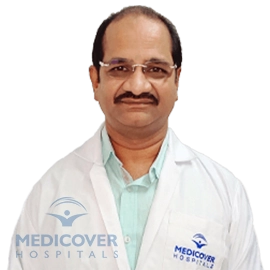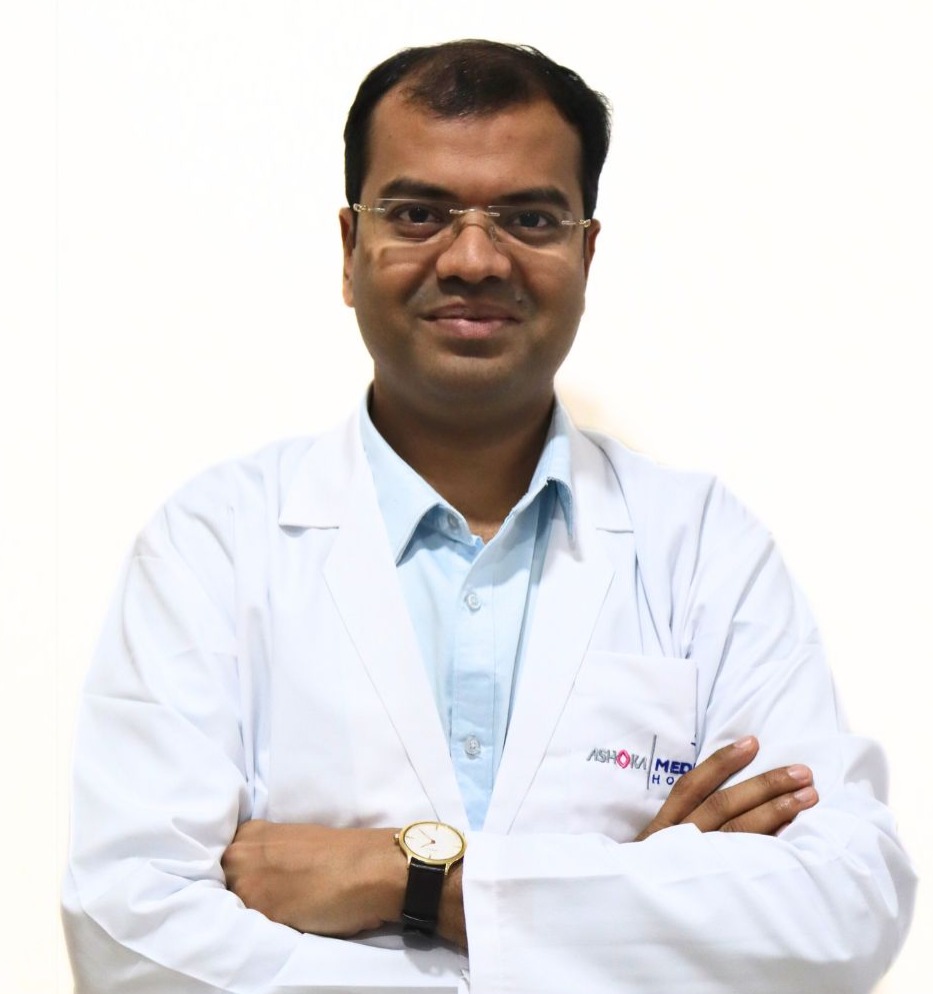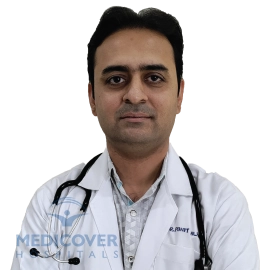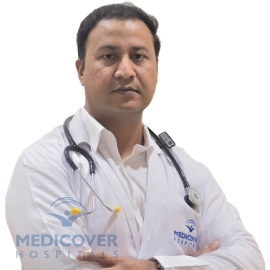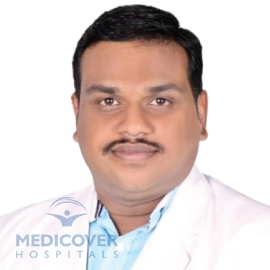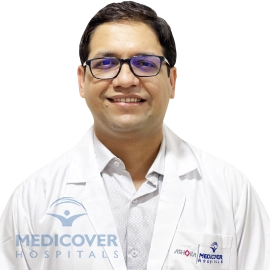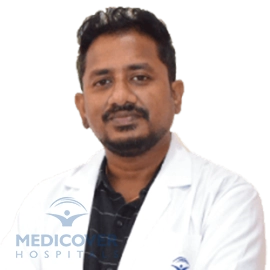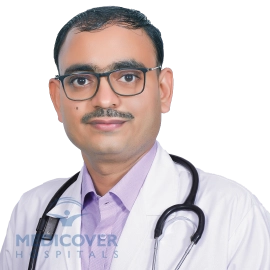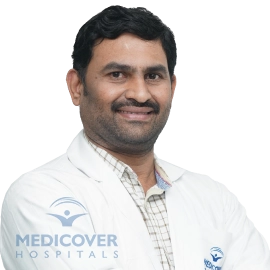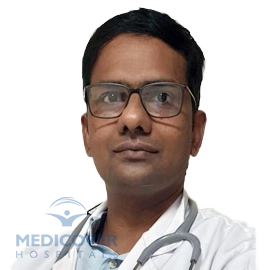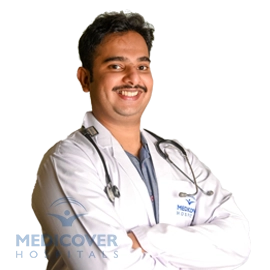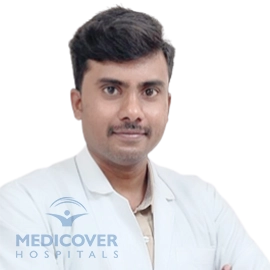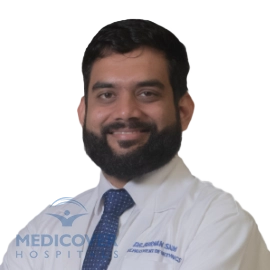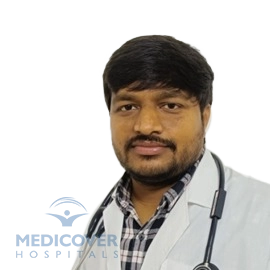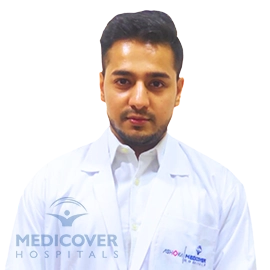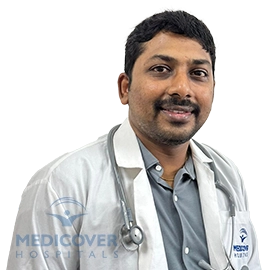Best Cleidocranial Dysplasia Doctors in India
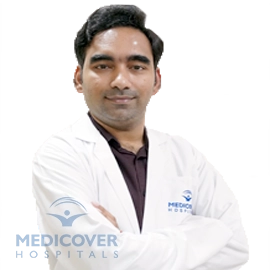
- Exp:6+ Yrs

Joint Replacement and Arthroscopy Bengaluru
- Exp:13+ Yrs
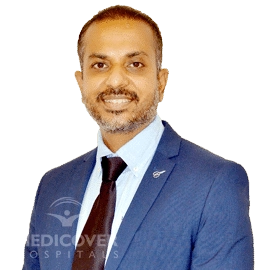
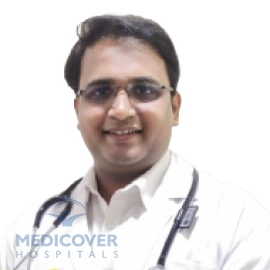
and Joint Replacement Surgeon
Arthroscopic Surgeon
Specialist for Pelvis Fracture Surgeries and Rheumatoid Arthritis Cases. Aurangabad
- Exp:8+ Yrs
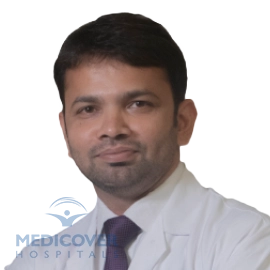
Sports Medicine Specialist navi-mumbai
- Exp:8+ Yrs
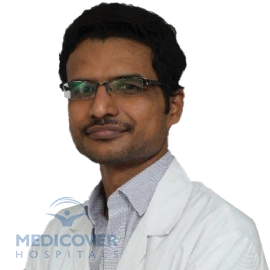
Specialist In Joint Replacement & Trauma Kurnool
- Exp:9+ Yrs
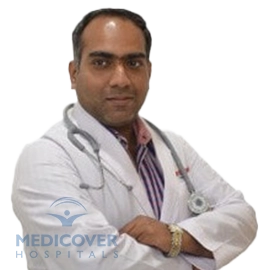
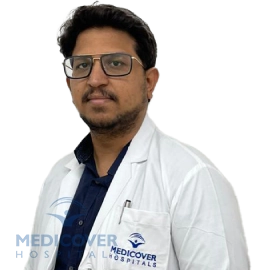
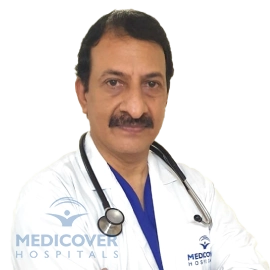
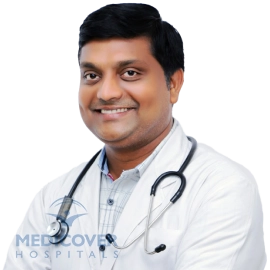
and Joint Replacement & Arthroscopy surgeon. Vizag
- Exp:15+ Yrs
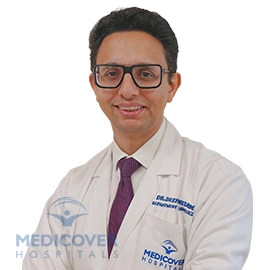
Director of Orthopedic Disciplines navi-mumbai
- Exp:12+ Yrs
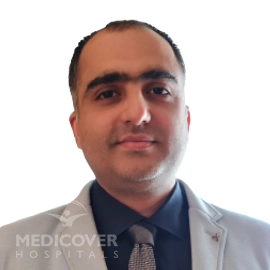
Deformity Correction & Pediatric Orthopedic Surgeon navi-mumbai
- Exp:9+ Yrs
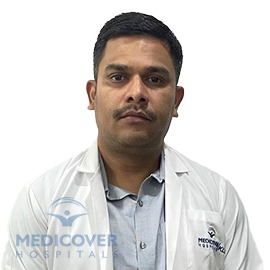
Joint Replacement Arthroscopy and sports medicine surgeon Pune
- Exp:13+ Yrs
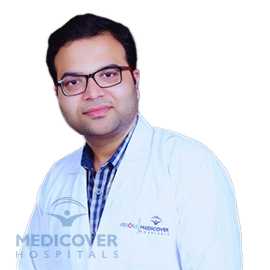
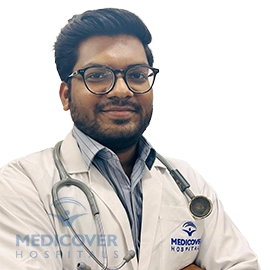
- Exp:6+ Yrs
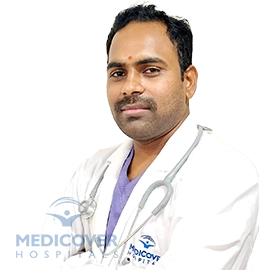
- Exp:4+ Yrs

- Exp:8+ Yrs
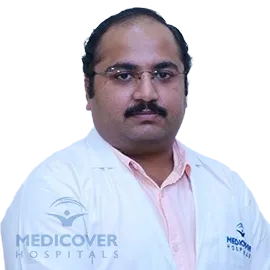
Joint replacement and Spine Surgeon Vizag
- Exp:6+ Yrs
Importance of Cleidocranial Dysplasia Specialist in Treatment
Cleidocranial dysplasia is a rare genetic disorder that primarily affects the development of bones and teeth. It often results in delayed closure of the skull bones, absence of collarbones, and dental abnormalities. Early diagnosis is critical in managing the skeletal and dental issues associated with this disorder. Timely interventions, such as corrective dental treatments, physical therapy, and in some cases, orthopedic surgery, can significantly improve the patient's quality of life. By identifying the condition early, healthcare providers can implement strategies to address bone deformities and support normal development in children.Why to Choose Cleidocranial Dysplasia Specialists at Medicover Hospitals in India
Medicover Hospital offers a multidisciplinary team approach to treating cleidocranial dysplasia, involving geneticists, orthopedic surgeons, and dental specialists. Treatment options include bone surgeries to correct deformities, advanced dental procedures to manage abnormal tooth development, and physical therapy to improve mobility and posture. Regular follow-up care ensures comprehensive management of this condition, with specialists coordinating efforts to optimize patient outcomes.
Frequently Asked Questions
What are some common symptoms of Cleidocranial Dysplasiain its initial stages?
Early signs of Cleidocranial Dysplasia include delayed closure of fontanelles, dental abnormalities like supernumerary teeth, and underdeveloped or absent collarbones. These symptoms may vary in severity.
What strategies can help patients manage Cleidocranial Dysplasia more effectively?
Patients can manage Cleidocranial Dysplasia more effectively by seeking regular dental care, undergoing orthopedic evaluations for skeletal issues, engaging in physical therapy for mobility, and receiving genetic counseling for informed family planning.
What are the co-existing conditions commonly associated with Cleidocranial Dysplasia?
Common co-existing conditions with Cleidocranial Dysplasia include delayed closure of fontanelles, dental issues like supernumerary teeth, and skeletal abnormalities affecting the collarbone and skull. These conditions may require specialized care.
What are the standard treatment options for Cleidocranial Dysplasia?
Standard treatment options for cleidocranial dysplasia include dental care to manage tooth abnormalities, surgery to correct skeletal issues, and physical therapy to improve mobility. Regular monitoring and a multidisciplinary approach are essential for managing symptoms and improving quality of life.
